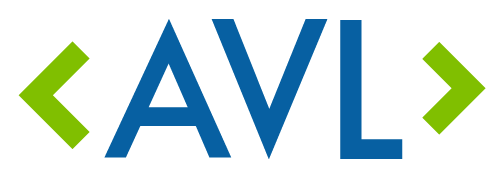The June 8 Community Night kicked off with a demo of the MIT App Inventor platform that our presenter, Kathryn Bradley, uses to teach computer science at Clyde A. Erwin Middle School. The platform lets students quickly build apps and test them in real time on Android tablets, but also lets them deliver the final product for download on other devices.
But the kids are learning more than how to program – they are learning how to develop solutions using software. In each 9-week section, students learn to brainstorm app ideas, do user research, formulate user stories, do the app design, and plan and execute agile sprints on their way to final product. The program is currently active in 5 middle schools in Buncombe County.
After the demo, the group discussed ways that Code for Asheville members might support the kids in these programs, from providing speakers and field trip destinations, to having kids teach community members how to develop apps on the platform, to including kids in Code for Asheville hackathons and perhaps producing a student-only hackathon opportunity next year. A few attendees agreed to work with Kathryn on this – if you are interested, email us at code4asheville@gmail.com.
The MIT App Inventor project’s mission is “to democratize software development by empowering all people, especially young people, to transition from being consumers of technology to becoming creators of it.” If you are interested in learning more, check out the website and these tutorials.
Evolving Code for Asheville
The second half of the meeting was devoted to a conversation about the leadership model of Code for Asheville. From its inception in 2012, Code for Asheville has operated under a model that places the two co-captains at the center of both the decision-making and the organizing work. While we are proud of what we’ve achieved in the last five years, we also feel strongly that the entire community would benefit from a more inclusive and collaborative model.
You can find notes on the discussion here. We decided to gather a small team to help lead the process of figuring out our future.
This article is from the semi-weekly Code for Asheville newsletter. See the rest of this issue here. Sign up for future mailings here.
